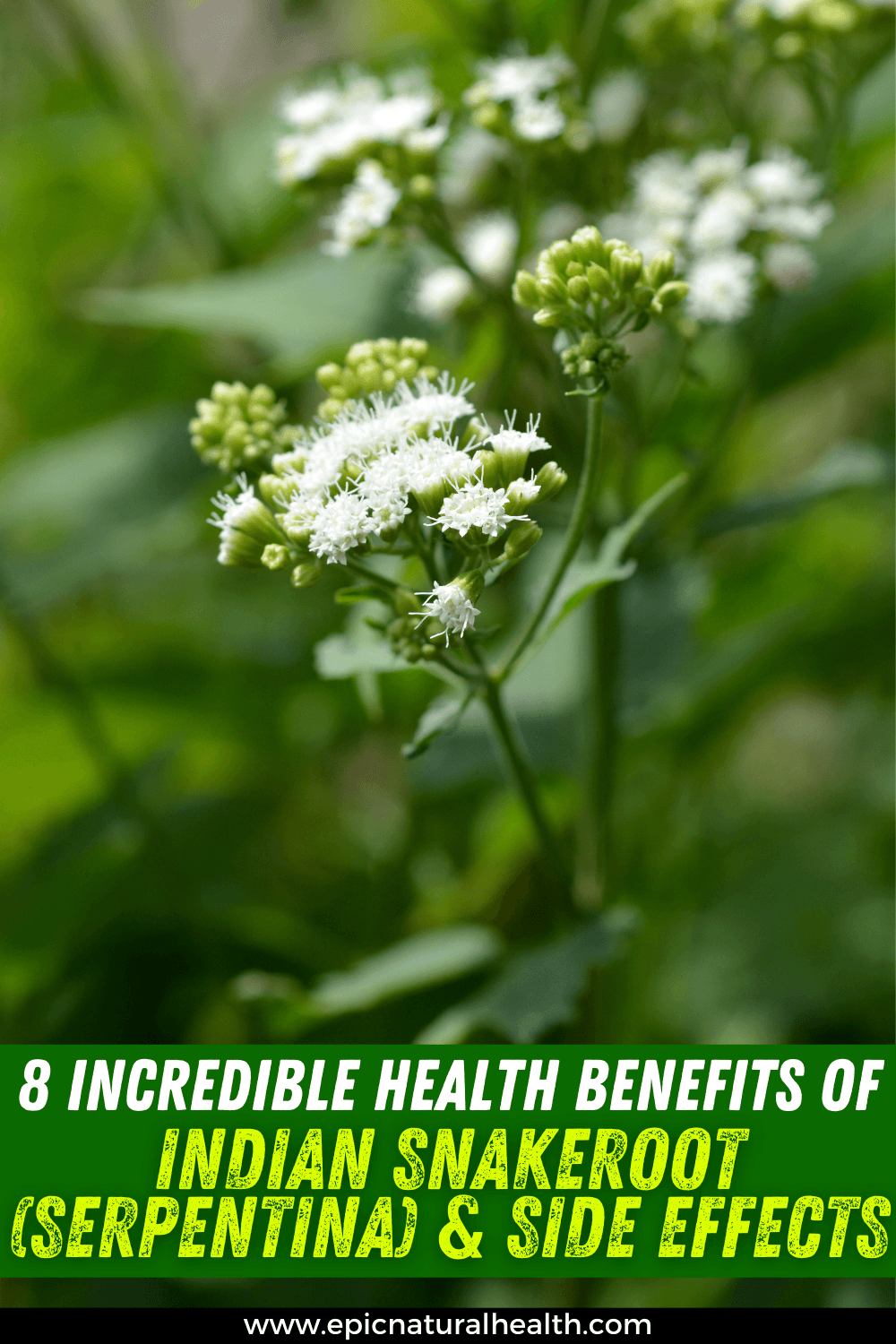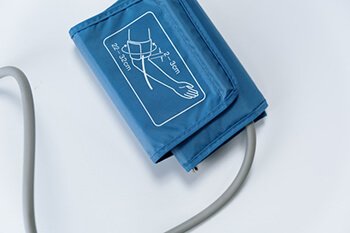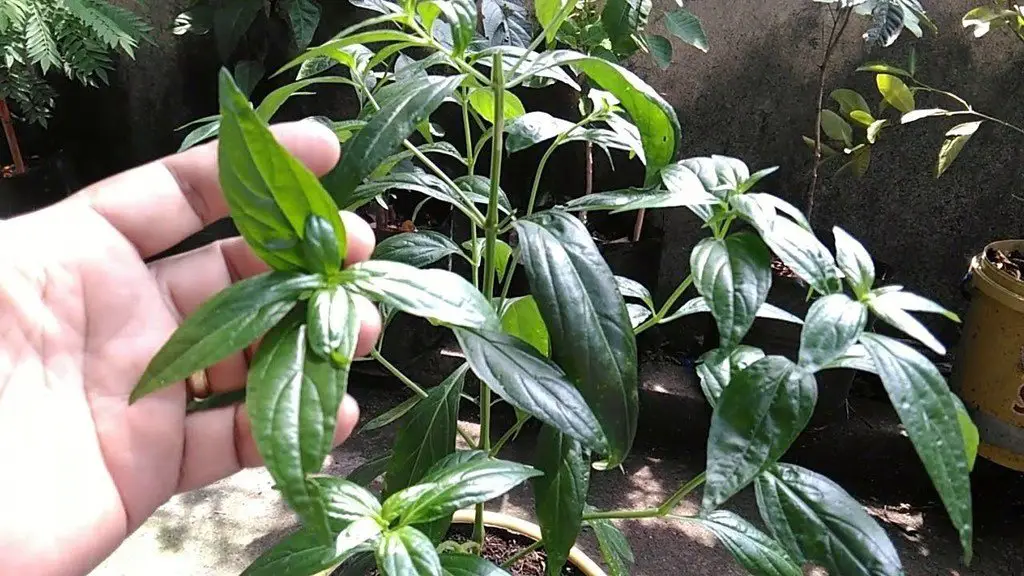Indian snakeroot is a species of flower that is native to India and East Asia. The root of the plant is used in Asian medicine as well as traditional Ayurvedic medicine. It’s used frequently as a medicine in India and has a whole host of active ingredients that make it incredibly beneficial to health.
If you’re planning to use Indian snakeroot as a supplement for health purposes, be sure to tread with caution, as it’s one of the lesser-known plants of today. We’ll be covering everything scientists have discovered so far about the supplement, including its benefits and side effects, in this video.
Benefits of Indian snakeroot
1. Treats schizophrenia
Indian snakeroot is used for treating schizophrenia, a long-term mental disorder that causes a breakdown in the relation between thought, emotion, and behaviour. One of the chemicals in Indian snakeroot, reserpine, is found in a type of prescription drug that is often used for schizophrenia treatment.
2. Relieves fever

For thousands of years, Indian snakeroot has been used as a febrifuge to reduce temperature and relieve restlessness associated with fever.
3. Treats insomnia

Indian snakeroot can be used as an aid for treating insomnia due to its sedative properties. It contains reserpine, which causes drowsiness and works as a natural sleep aid, reducing anxiety and stress that may make it difficult to relax before bed.
4. Reduces stress

Studies have found that Indian snakeroot effectively reduces the heart rate, calms the mind, relieves mental stress, and strengthens the overall resilience of the nervous system. This suggests that the plant can be used as an anti-stress supplement, providing you combine supplementation with other stress-relief methods, including exercise, meditation, and healthy eating.

5. May lower blood pressure

Reserpine, the compound in Indian snakeroot that can be used to treat schizophrenia and promote sleep, is also found in many prescription drugs for treating high blood pressure. This makes Indian snakeroot a great natural treatment for maintaining balanced levels of blood pressure in the body.
6. Can be used as a cancer treatment
Indian snakeroot is used in herbal medicine for treating breast cancer. Of course, using Indian snakeroot alone as a cancer treatment is an unwise idea, especially as there is still very little research into the cancer-fighting properties of the plant at the moment.
7. Treating poisoning

In traditional medicine, Indian snakeroot is often used for scorpion and snake poisoning. The supplement is combined with the likes of black peppers and animal fat and is given out every 2 hours to cure scorpion and snakebite.
We wouldn’t recommend rushing for your snakeroot supplement if a family member is poisoned – heading straight to the nearest hospital is much safer.
8. Reduces anxiety

Early research shows that Indian snakeroot can reduce anxiety in some people when used for more than 20 days. It’s not yet known if Indian snakeroot has any benefit when used for longer periods of time.
Indian snakeroot side effects
Indian snakeroot is safe to use if you take the recommended dose. Keep in mind that the plant contains reserpine and other chemicals, which can be very toxic in high doses, so you need to make sure that your dose is accurate and you’re following your doctor’s orders when appropriate.
Overdose side effects
Side effects of taking too much Indian snakeroot can range from mild to serious, and include nasal congestion, stomach cramps, diarrhea, nausea, vomiting, loss of appetite, drowsiness, convulsions, and coma. Indian snakeroot can also slow reaction times, so you shouldn’t use it when driving or operating heavy machinery.
Pregnancy and breast-feeding

It's not recommended to use Indian snakeroot during pregnancy and breastfeeding. The chemicals in the plant might cause birth defects in unborn babies and may pass into breast milk and harm a nursing infant.
Gall stones
Indian snakeroot might make gallbladder disease worse, so avoid if you suffer from gallstones frequently.
Stomach ulcers, intestinal ulcers, or ulcerative colitis
Don't use Indian snakeroot if you have ever had stomach ulcers, intestinal ulcers, or ulcerative colitis, as it may aggravate your digestive system.
Depression
Don't take Indian snakeroot if you have depression, as long-term use of the plant has actually been linked to depression.
Surgery
Indian snakeroot might speed up the central nervous system. There is a concern that the plant might interfere with surgical procedures by increasing heart rate and blood pressure. Stop using Indian snakeroot at least 2 weeks before a scheduled surgery.

Conclusion
Indian snakeroot is an incredibly potent plant that boasts a whole host of health benefits. But make sure you take the right dose of this natural remedy is absolutely essential.
You should be fine to use supplement powder or capsules, provided you take the recommended dose, but you might want to check in with your doctor if you want to stay safe while enjoying its beneficial properties.

